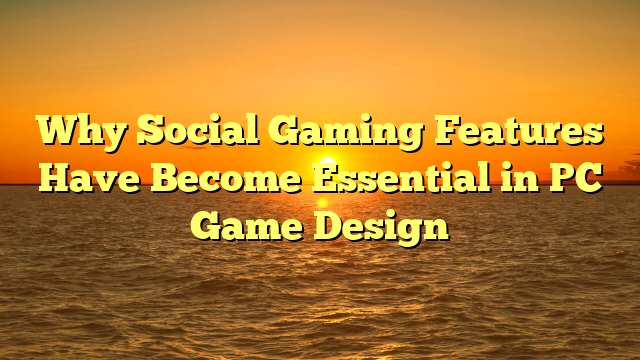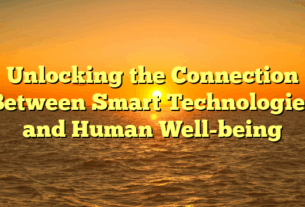Social interaction has become one of the most defining elements of modern PC gaming. While multiplayer titles have existed for decades, recent situs mahadewa88 years have seen the introduction of deeper, more sophisticated social systems that support communication, cooperation, user-generated content, and long-term community building.
One major factor driving this evolution is the shift toward live-service models. Games such as Destiny 2, Warframe, and Final Fantasy XIV rely on strong social structures to sustain engagement. Guilds, clans, and in-game events bring players together, encouraging collaboration and fostering friendships that extend beyond gameplay.
PC platforms are particularly well-suited for social experiences due to versatile communication tools. Players can integrate voice chat, Discord servers, text chats, and streaming features seamlessly. This connectivity enhances teamwork and strategic coordination in competitive environments.
User-generated content is another powerful pillar of PC social gaming. Titles like Roblox, Dreams, and Garry’s Mod showcase how communities can create levels, game modes, and custom experiences that attract millions of players. These ecosystems become self-sustaining, driven by creativity rather than developer-led updates.
Seasonal content, in-game festivals, and time-limited events also encourage players to return regularly. Social bonding becomes part of the core gameplay loop, transforming PC games into virtual social hubs rather than isolated entertainment products.
As virtual reality and AI-driven interactions evolve, social features will likely become even more integral to PC game design, shaping how communities grow and how players connect with one another.



